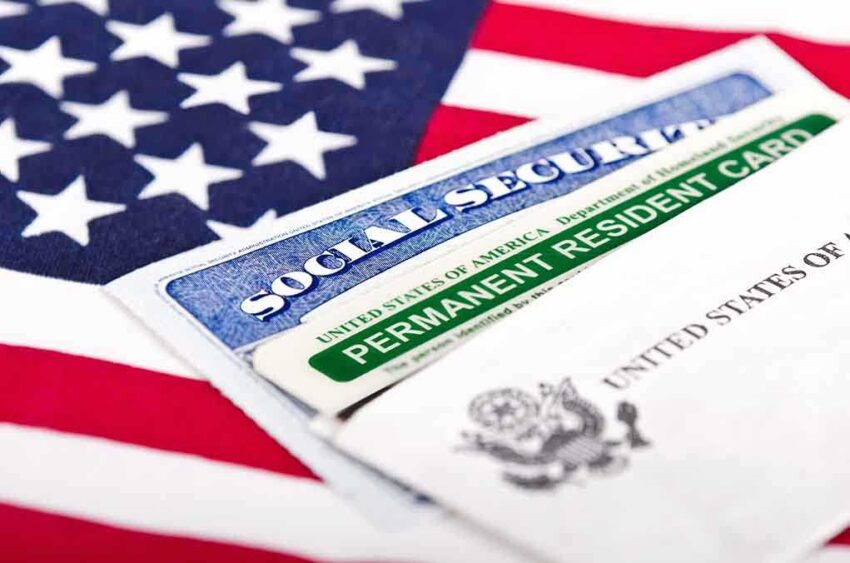5.4 million patients’ private health information, including Social Security numbers and medical histories, was exposed in a massive cybersecurity breach at healthcare data analytics firm Episource, highlighting alarming vulnerabilities in America’s healthcare information systems.
Key Takeaways
- Episource suffered a data breach between January 27 and February 6, 2025, compromising sensitive data of 5.4 million patients
- Exposed information includes names, contact details, Social Security numbers, Medicaid IDs, and complete medical histories
- This breach continues an alarming trend: healthcare data breaches have increased dramatically, with 2023 seeing 725 breaches affecting 133 million records
- Third-party healthcare SaaS providers are increasingly targeted due to their access to valuable patient data
- The breach highlights critical vulnerabilities in healthcare cybersecurity systems that require immediate attention
Unprecedented Scale of Healthcare Data Vulnerability
The recent Episource data breach represents one of the most significant healthcare data security incidents of 2025, continuing a disturbing pattern of escalating attacks against medical information systems. According to comprehensive statistics compiled by the HIPAA Journal, healthcare data breaches have shown a consistent upward trend over the past 14 years. The severity of these breaches has intensified dramatically, with 2023 alone seeing 725 reported data breaches affecting over 133 million patient records—a staggering average of 364,571 records compromised daily. This pattern demonstrates the healthcare sector’s growing vulnerability to sophisticated cyber threats.
The Episource breach, occurring between January 27 and February 6, 2025, targeted a company that many patients have never heard of—yet one that handles millions of Americans’ most sensitive health information. Attackers successfully accessed and exfiltrated names, contact information, Social Security numbers, Medicaid identification numbers, and complete medical histories of 5.4 million individuals. While financial information was reportedly not compromised, the stolen data represents everything needed for sophisticated identity theft and medical fraud schemes that could impact victims for years to come.
Shifting Cybersecurity Landscape in Healthcare
The nature of healthcare data breaches has evolved significantly since tracking began in 2009. Initially, physical theft or loss of devices containing sensitive information represented the primary risk. Today, sophisticated hacking operations and ransomware attacks dominate the threat landscape. In 2023, hacking incidents accounted for nearly 80% of all healthcare data breaches, demonstrating a clear shift toward targeted digital attacks. This evolution requires an equally sophisticated defensive approach from healthcare organizations and their technology partners.
“5.4 MILLION PATIENT RECORDS EXPOSED IN HEALTHCARE DATA BREACH,” reported Kurt Knutsson, CyberGuy Report.
Since 2009, the Department of Health and Human Services Office for Civil Rights has documented 6,759 major healthcare data breaches affecting nearly 847 million records. These incidents are tracked on what industry insiders refer to as the government’s “Wall of Shame.” The largest single breach occurred earlier in 2024 at Change Healthcare, compromising the data of 190 million individuals. The Episource incident, while smaller in comparison, highlights the ongoing vulnerability of third-party service providers who handle patient data but may operate outside the direct cybersecurity oversight of healthcare providers.
Third-Party Vendors: Healthcare’s Vulnerable Underbelly
The Episource breach underscores a particularly troubling aspect of healthcare information security: the vulnerability introduced by third-party vendors and SaaS (Software as a Service) providers. These companies often have access to sensitive patient data from multiple healthcare organizations, making them attractive targets for hackers seeking to maximize their return on investment. Similar breaches have occurred at other healthcare technology providers, including Accellion and Blackbaud, creating a pattern that suggests inadequate security measures throughout the healthcare technology ecosystem.
“EPISOURCE CONFIRMS CYBERATTACK COMPROMISING SENSITIVE HEALTH DATA ACROSS THE US,” stated Kurt Knutsson, CyberGuy Report.
The complexity of these third-party relationships creates accountability challenges. Many patients have never heard of companies like Episource, despite these firms having access to their most sensitive personal information. This disconnect complicates notification processes following breaches and raises questions about transparency in healthcare data handling practices. Security experts recommend that individuals affected by the breach immediately utilize identity theft protection services and enable two-factor authentication on all accounts, especially those containing sensitive personal or financial information.
Need for Comprehensive Healthcare Security Reform
This breach exemplifies why the healthcare industry must urgently prioritize cybersecurity investments and adopt stricter vendor management practices. While the Biden administration has advanced various regulatory frameworks supposedly aimed at improving healthcare data security, these incidents continue unabated, demonstrating a clear failure of current approaches. President Trump’s focus on American security extends to digital infrastructure, and incidents like the Equifax breach highlight the need for stronger protections of citizens’ private information against both foreign and domestic threats.
Statistics from the HIPAA Journal reveal that between 2009 and 2024, healthcare data breaches have affected approximately 25% of the U.S. population. This shocking figure demonstrates that healthcare data insecurity has evolved from an isolated concern to a national security issue requiring immediate and decisive action. As hackers become increasingly sophisticated, the healthcare industry must rapidly evolve its defensive capabilities or risk further compromising the personal information of millions more Americans in the coming years.
Click this link for the original source of this article.
Author: editor
This content is courtesy of, and owned and copyrighted by, https://republicannews.org and its author. This content is made available by use of the public RSS feed offered by the host site and is used for educational purposes only. If you are the author or represent the host site and would like this content removed now and in the future, please contact USSANews.com using the email address in the Contact page found in the website menu.








